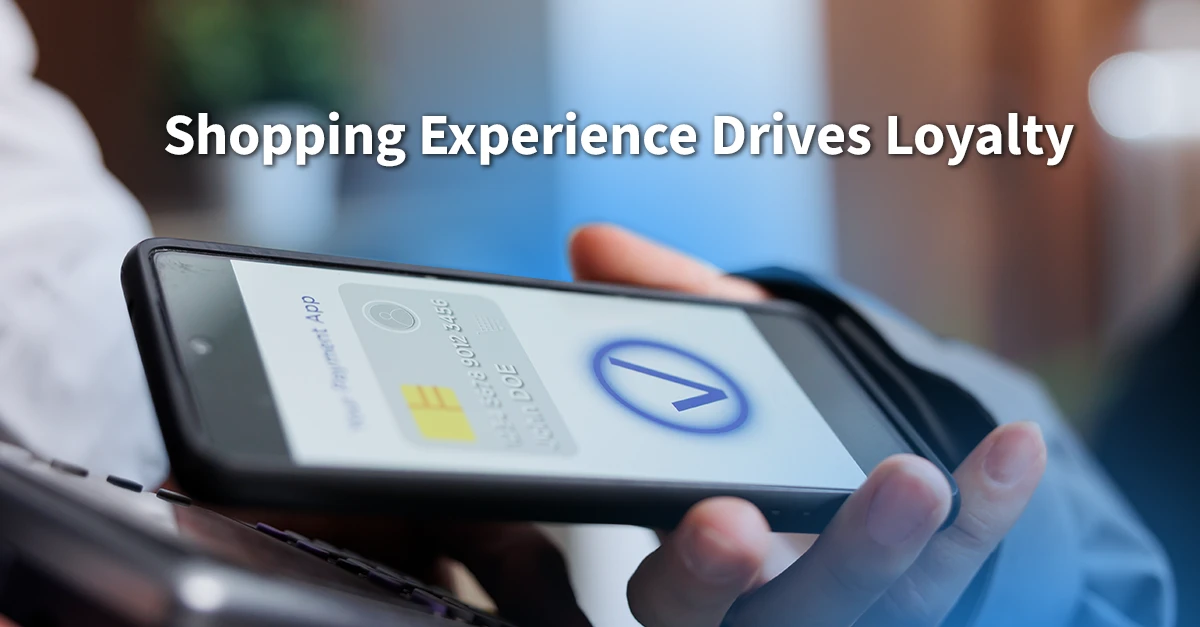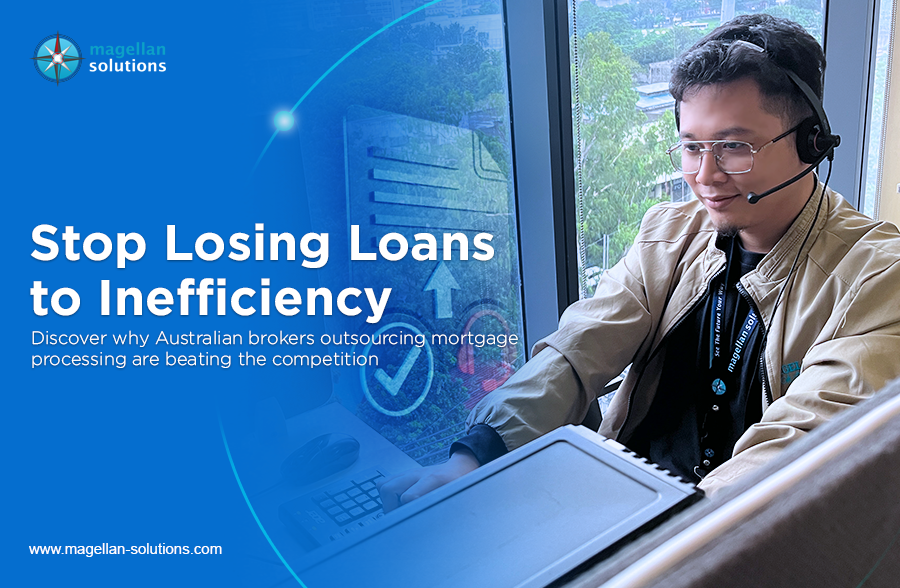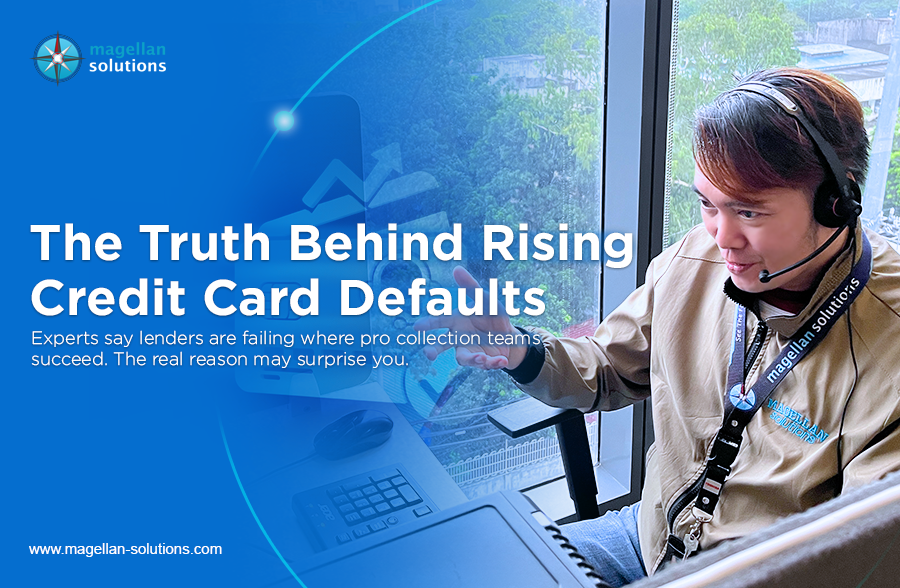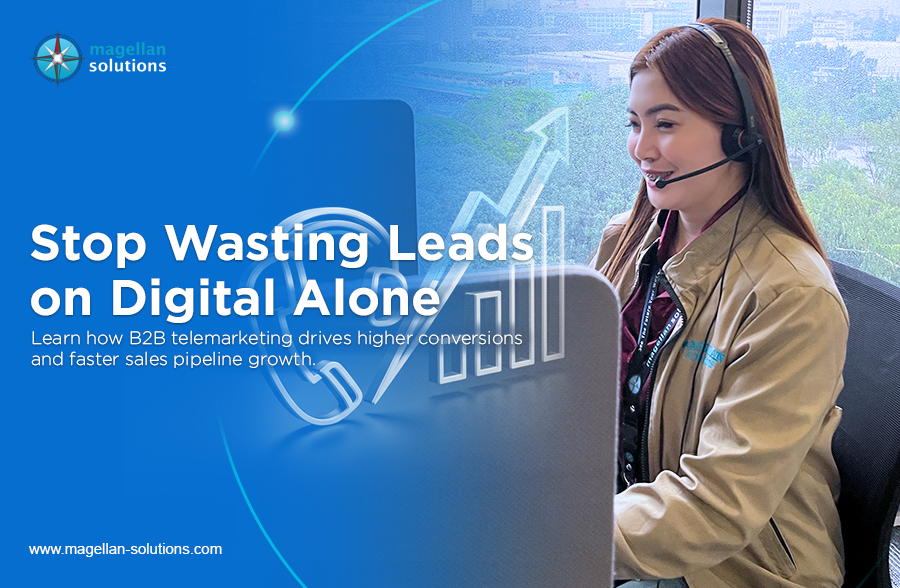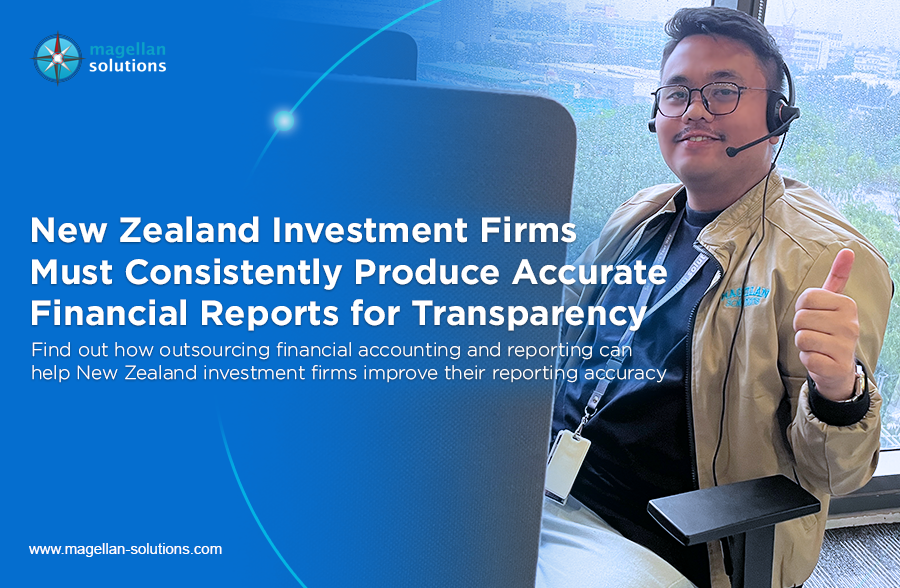Schedule a FREE call with our outsourcing expert now and get a precise quotation that meets your requirements. Don't wait - get started today!
As more people shop online, physical retail stores must offer more than just products to attract customers. Experiential retail focuses on creating engaging and memorable shopping experiences that go beyond traditional sales methods. This strategy helps small and medium-sized businesses (SMEs) stand out by providing unique, immersive experiences that build strong customer connections.
According to PwC, 73% of consumers consider customer experience a crucial factor in purchasing decisions. Through experiential retail, SMEs can enhance customer loyalty and compete effectively against larger retailers.
In the words of Jeff Bezos, founder of Amazon, “We’re not competitor obsessed; we’re customer obsessed. We start with what the customer needs, and we work backward.” For SMEs, adopting experiential retail is a way to meet customer needs with meaningful experiences rather than just products.
What is Experiential Retail?
Experiential retail focuses on creating engaging and memorable shopping experiences beyond just selling products. Instead of traditional retail practices, stores offer activities, events, and interactive elements that make shopping more enjoyable and personalized.
Retailtainment: Blending Entertainment with Shopping
Retailtainment combines retail with entertainment, offering customers more than just a shopping trip. This concept is about creating fun, engaging experiences that keep customers entertained and encourage them to spend more time in the store. For SMEs, retailtainment can be a powerful tool to attract new customers and keep existing ones returning.
SMEs can incorporate retailtainment in various ways, such as hosting in-store events, offering interactive product demonstrations, or creating themed shopping environments. These experiences make shopping more enjoyable and help build a stronger connection between the brand and its customers.
Retailtainment attracts customers and helps build loyalty. Customers who associate a brand with positive experiences are more likely to return, recommend the store to others, and develop a lasting connection with the brand.
Ways Experiential Retail Benefits Small and Medium-Sized Businesses
Experiential retail helps small and medium-sized businesses (SMEs) connect with customers, build loyalty, and stand out from competitors.
-
Building Stronger Customer Relationships
Building strong connections with customers is crucial for SMEs. Experiential retail allows businesses to engage customers deeper, creating positive associations with the brand. This connection leads to increased customer loyalty, which is vital for the long-term success of any small business.
-
Competing Effectively with Larger Retailers
SMEs often face the challenge of competing with larger retailers, especially those with a significant online presence. Experiential retail provides a way for smaller businesses to stand out by offering unique, personalized shopping experiences that larger companies may be unable to replicate.
-
Driving Foot Traffic and Increasing Sales
Physical stores are essential for SMEs, and experiential retail can help drive more foot traffic. By offering something beyond products, SMEs can attract customers looking for a unique shopping experience. This not only boosts sales but also helps build a loyal customer base.
How to Leverage Retail Experiences for Your Brand
SMEs can use experiential retail to create memorable experiences that attract customers and support business growth.
1. Designing an Engaging Retail Space
For SMEs, the retail space design plays a significant role in attracting and retaining customers. Creating an inviting and engaging atmosphere encourages customers to spend more time in the store, increasing sales opportunities.
2. Incorporating Technology for a Better Experience
SMEs can use technology, such as augmented reality (AR), to create interactive and personalized shopping experiences. AR allows customers to visualize how products will fit into their lives, making the shopping experience more enjoyable and relevant.
3. Hosting Events to Attract Customers
Hosting in-store events that align with your brand values can be a great way to attract customers. Whether it’s a product launch, a workshop, or a themed event, these experiences provide an opportunity to connect with customers and make a lasting impression.
What Experiential Retail Does Differently from Traditional Retail
Experiential retail focuses on providing unique and engaging shopping experiences, helping SMEs offer more than just products.
-
Focusing on Experiences Over Transactions
Experiential retail emphasizes creating an experience rather than just completing a transaction. For SMEs, this means focusing on making the shopping journey memorable, which can help differentiate the brand in a competitive market.
-
Creating Emotional Connections with Customers
Unlike traditional retail, which often focuses solely on the product, experiential retail seeks to build emotional connections with customers. By creating a positive shopping experience, SMEs can foster stronger customer relationships, increasing loyalty and repeat business.
-
Enhancing Brand Perception
Experiential retail can also enhance a brand’s perception. Customers who associate a brand with a positive experience are more likely to perceive it as trustworthy and innovative, which can be a significant advantage for SMEs.
The Impact of a Successful Experiential Retail Implementation
When executed well, experiential retail can increase customer engagement, boost sales, and strengthen brand loyalty for SMEs.
1. Creating Memorable In-Store Events
SMEs can host in-store events that align with their brand values and customer interests. These events provide an opportunity to connect with customers personally, creating a memorable experience that fosters brand loyalty.
2. Personalizing the Customer Experience
Personalization is key in experiential retail. SMEs can use customer data to tailor the shopping experience, offering personalized recommendations and exclusive offers that make customers feel valued and appreciated.
3. Encouraging Repeat Visits
By offering unique experiences, SMEs can encourage customers to return to the store. Whether through rotating product displays, seasonal events, or interactive experiences, keeping the store fresh and exciting is essential for maintaining customer interest.
The Future of Experiential Retail for SMEs
The future of retail for SMEs involves using experiential strategies, and here are some of them:
-
Adapting to Changing Consumer Expectations
Consumer expectations constantly evolve, and SMEs must stay ahead of the curve. By adopting experiential retail strategies, small businesses can meet the demands of today’s consumers who seek more than just products—they want meaningful experiences.
-
Investing in Continuous Improvement
For experiential retail to be successful, SMEs must be willing to invest in continuous improvement. This means regularly updating the store experience, incorporating new technologies like augmented reality, and listening to customer feedback to ensure the experience remains relevant and engaging.
-
Creating a Seamless Shopping Experience
The future of retail lies in creating a seamless shopping experience that integrates online and offline channels. SMEs that embrace this approach will be better positioned to attract and retain customers, ensuring long-term success in a competitive market.
Turn Shopping into an Adventure with Magellan Solutions!
Magellan Solutions has the expertise to help you implement effective experiential retail strategies. Our team can assist you in creating engaging and memorable shopping experiences that captivate your customers and set your business apart from competitors. Whether you want to enhance your store’s atmosphere or integrate interactive technologies, we provide tailored solutions to boost customer loyalty and drive growth.
Contact us to learn how we can help you transform your retail space into a destination customers will love.




